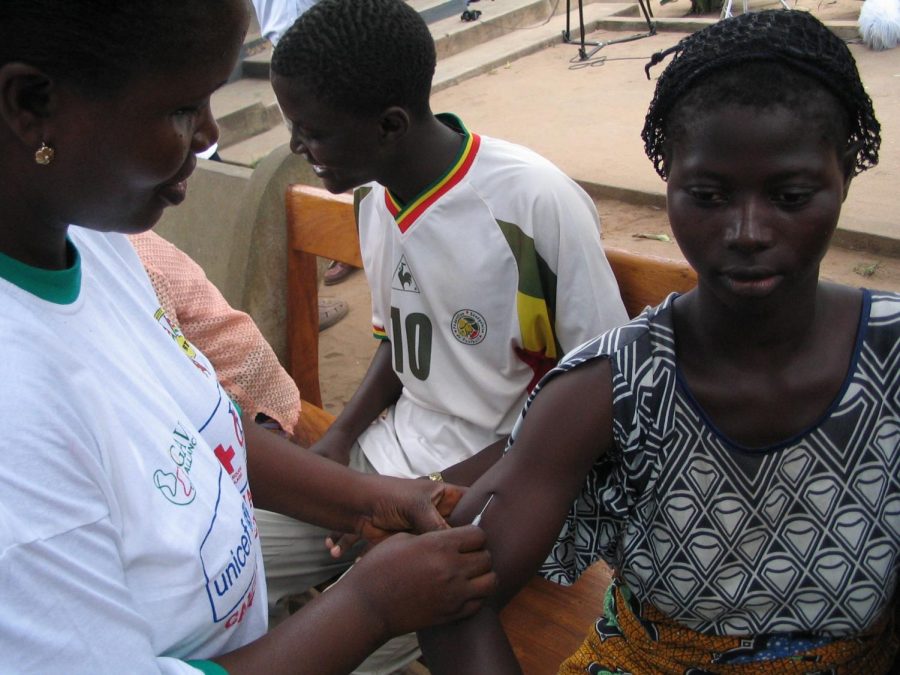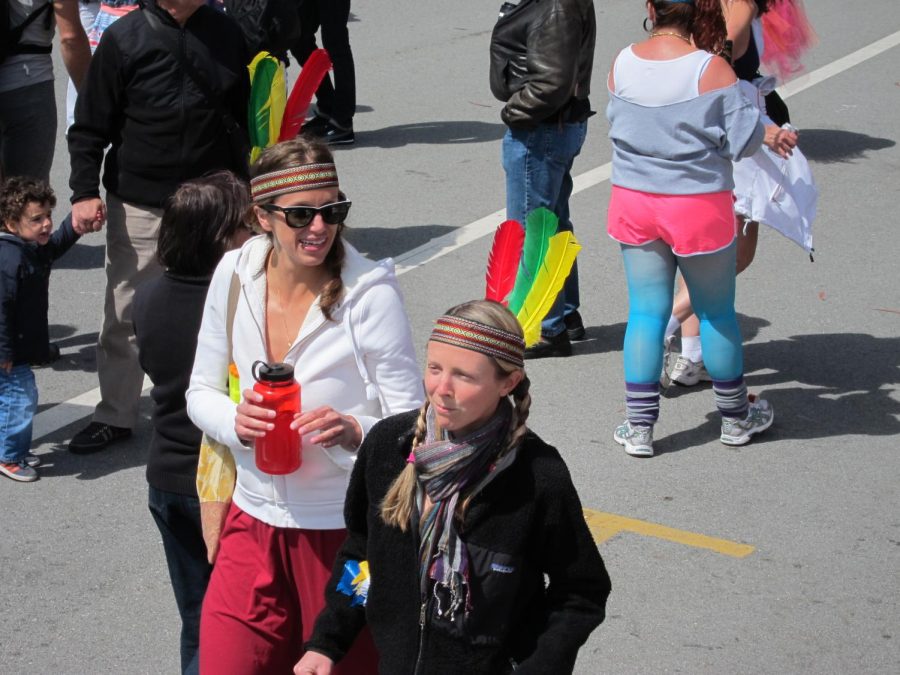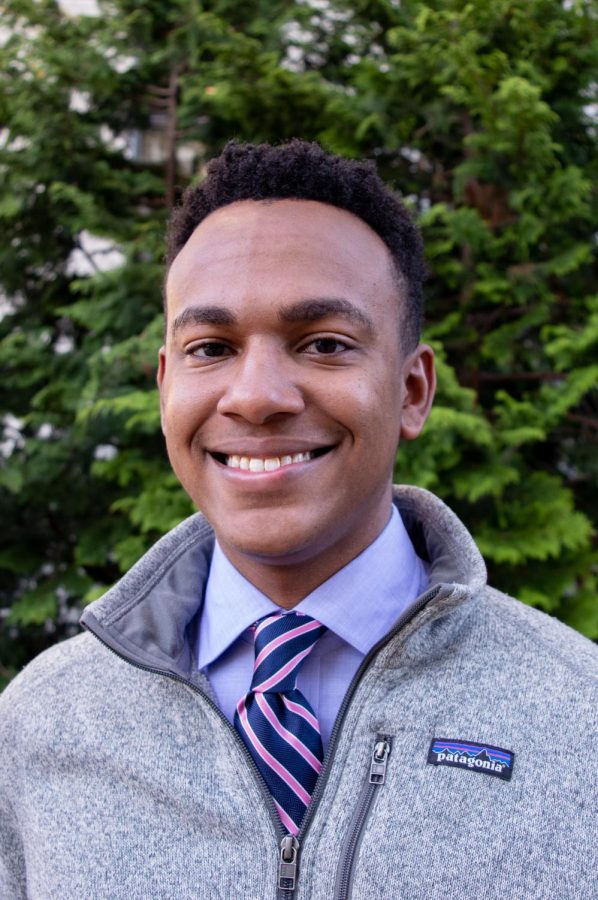
Gabriel Holder, Deputy Opinion Editor
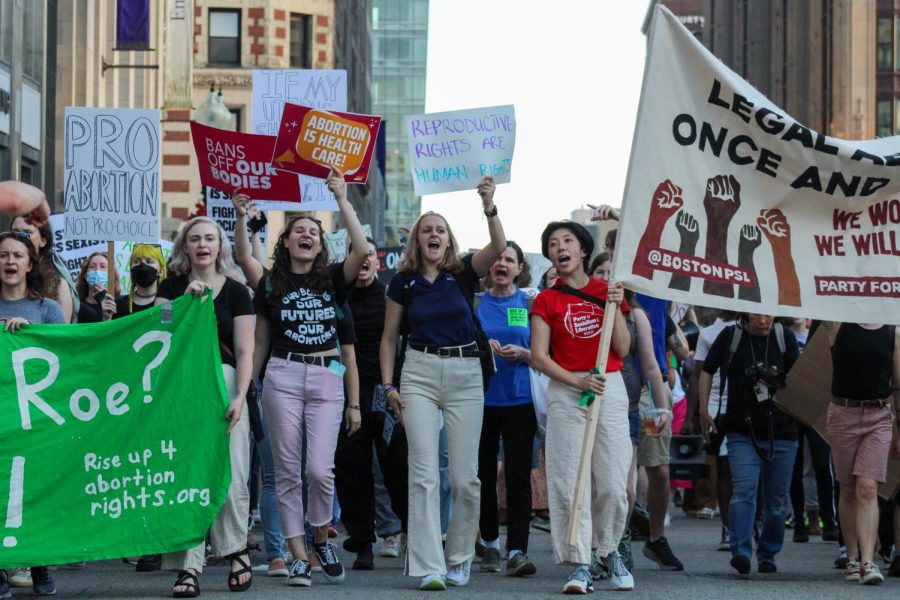
The masquerading of states’ rights
Continue Reading
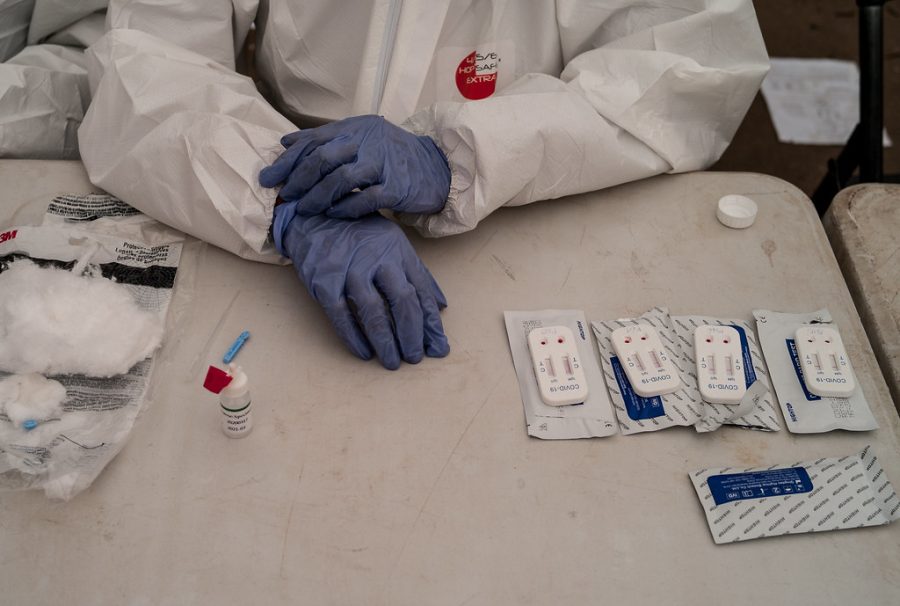
Op-ed: The high cost and inaccessibility of COVID-19 treatment
Continue Reading


